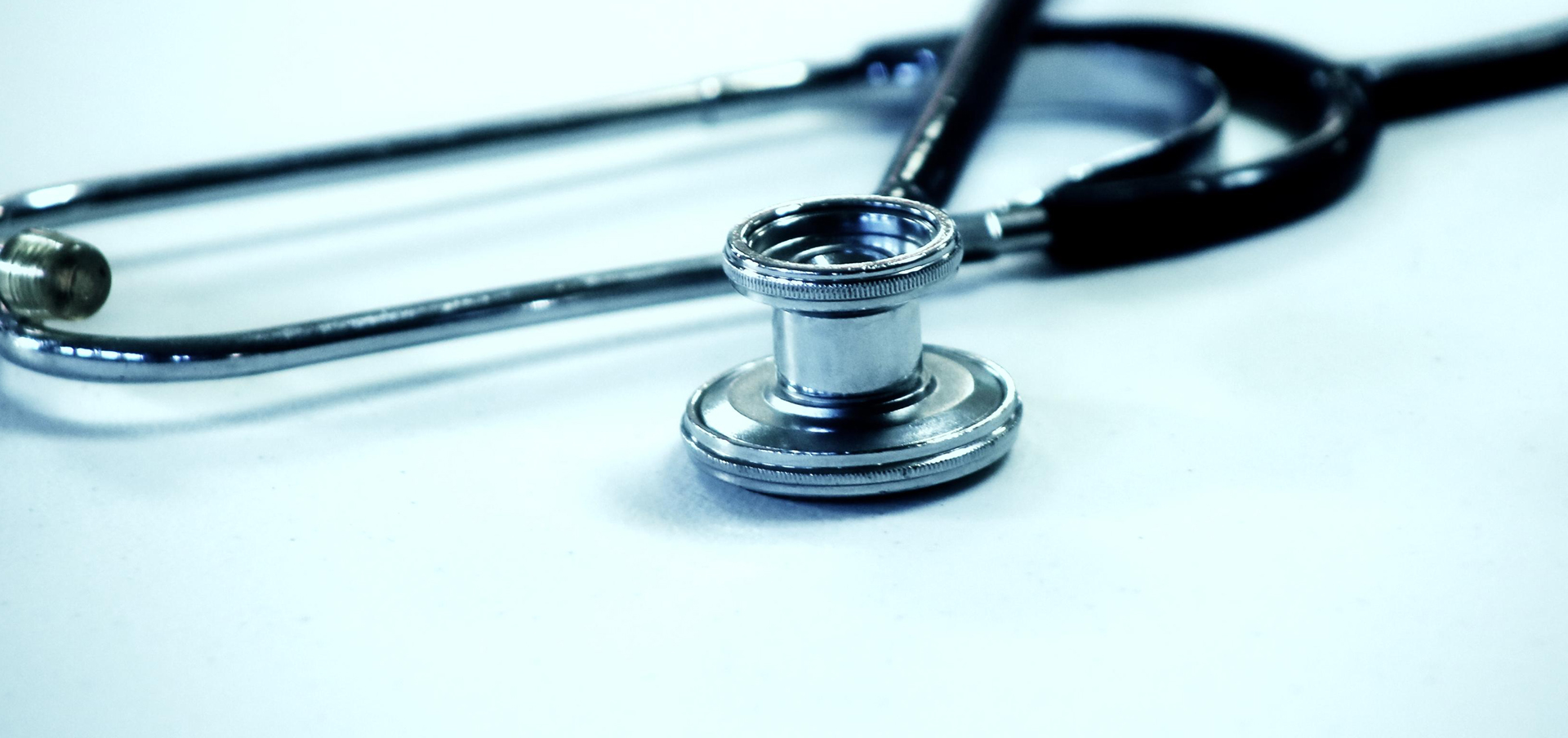Healthcare is one of the largest industries in the United States. Currently, there are over 5,000 registered hospitals nationwide. There are near 18 million workers in the medical field. Not only this, but healthcare is by far the fastest growing industry today. According to the Bureau of Labor Statistics, healthcare will become the largest employment sector of the U.S. economy within a decade. By 2024, well over two million jobs are projected to open up to aspiring medical professionals like you.
Right now, you may be thinking, “Great! There is a ton of opportunity in the field, but how will I ever get a job?” Perhaps you do not have the time to dedicate to years of medical school. You may not have the finances needed to go to school for more than five years, or the ability to balance med school with your current job. You may be thinking that good medical jobs require years and years of education, and a master’s degree is just too much of a commitment for you right now.
Think again. Many of the top healthcare careers are achievable with an Associate or Bachelor’s degree. Here are five of the most popular medical jobs that don’t require a Master’s.
- Registered Nurse
Registered nurses (RNs) work in all arenas of the medical field – you can find them in hospitals, private practices, schools, substance abuse facilities, in a home healthcare setting. They are the professionals who are most often involved with patients, and work on a team of physicians, medical assistants, other healthcare specialists to provide and coordinate quality patient care. RNs have an all-encompassing role and a wide range of duties. They administer medications to patients, set up treatment plans for patient care, observe and record patient health, perform medical tests, monitor equipment, and educate patients and their families about health management.
To become a registered nurse, you will need to complete your associate degree at a reputable nursing school. At Goodwin College, you can do this in as few as 18 months part-time. Once you complete your nursing program, you will be prepared to sit for the National Council Licensure Exam (NCLEX), which will then certify you as an RN.
If you want to take your nursing career a step further, you can go on to earn your Bachelors of Nursing (BSN) degree. Upon completion of an RN to BSN program, you will be well-suited for top employers and nursing positions.
- Respiratory Therapist
Respiratory therapists are medical professionals who care for patients with breathing or cardiopulmonary disorders. They work directly with their patients in a variety of settings to measure oxygen flow, evaluate the condition, and improve the inhaling and exhaling process. Patients of respiratory therapists can range from premature newborns with underdeveloped lungs to elderly patients on life support. They also work with those individuals who fall in between, suffering from chronic respiratory disease (such as asthma), lung disease, cystic fibrosis, and more.
To become a respiratory therapist today, you must hold at least an associate’s degree from an accredited Respiratory Therapist School. You must also obtain licensure from the National Board for Respiratory Care (NBRC).
- Medical Assistant
Medical assistants play a vital role in the healthcare field, and have a variety of tasks across several medical environments. Whether in a medical office, hospital, or other healthcare facility, medical assistants are the professionals in charge of both administrative and clinical tasks. They schedule patient appointments, record patient information, prepare patients for examination, measure patient vital signs, administer injections, and more.
Across the United States, medical assistants are required to have postsecondary education. A medical assistant program such as Goodwin’s is a great place to obtain just this. Here, you can complete medical assistant training as few as 12 months through our certificate or associate degree program.
- Phlebotomist
Phlebotomists are medical specialists specifically trained in blood testing and diagnosis. Their role starts directly with the client, drawing blood and making the patient feel comfortable throughout that process. They ensure that their environment is sanitary to avoid any infection or other complications. Phlebotomists then take the blood to the lab for evaluation, testing, research, transfusions, or for other reasons such as blood donations.
If you think that a phlebotomist career is for you, all you need is to complete a postsecondary certificate and phlebotomy classes at a reputable institution like Goodwin College.
- Healthcare Educator
Healthcare educators are professionals dedicated to improving the health and wellness of individuals and communities. They assess the needs of specific populations and develop initiatives to promote and educate them about proper health management. Healthcare educators are strategizers in that they evaluate, create, plan, and implement training programs necessary to improve the health of others.
To become a healthcare educator, you will need to pursue a Bachelor’s Public Health degree. Some employers may also require you to earn credentials as a Certified Health Education Specialist.
This is just the beginning of the long list of possible medical careers you can obtain without a Master’s degree. To learn more about starting your healthcare career at Goodwin College, check out all of our degree programs to see why we’re a leader in healthcare education in CT!
Goodwin University is a nonprofit institution of higher education and is accredited by the New England Commission of Higher Education (NECHE), formerly known as the New England Association of Schools and Colleges (NEASC). Goodwin University was founded in 1999, with the goal of serving a diverse student population with career-focused degree programs that lead to strong employment outcomes.

